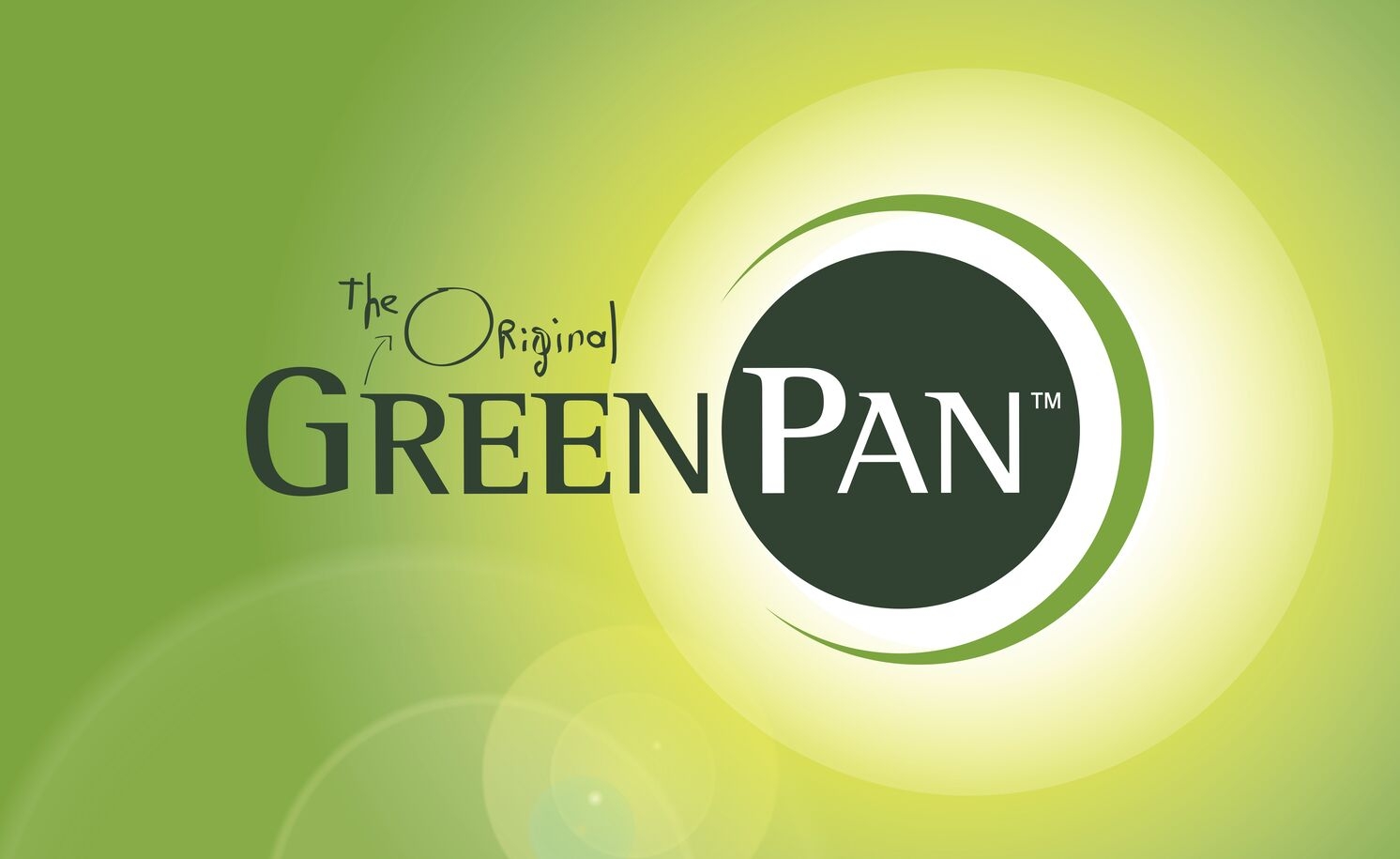10 questions about hormone therapy for breast cancer

1. When is hormone therapy given?
Hormone therapy is useful only in cases of hormone-sensitive breast cancer. Therefore, it is not used for triple-negative breast cancer, because it does not respond to female hormones. Usually, hormone therapy is started after other cancer treatments, such as surgery and radiation: it is then intended to reduce the risk of relapse. In large tumors, hormone therapy is also sometimes given before surgery to shrink the tumor before surgery. In advanced breast cancers, hormone therapy may also be useful to slow tumor growth.
2. How does hormone therapy work?
The growth of a hormone-sensitive breast cancer is promoted by female hormone estrogen. Estrogen is produced by the ovaries and by fat cells. In breast cancer, it is best to keep this own production as low as possible. This is what hormone therapy does: on the one hand, this treatment blocks one's own production of female hormone and, on the other hand, it inhibits the influence of still circulating estrogen on breast cancer cells.
3. What is the difference between hormone therapy for breast cancer and hormone therapy for menopause?
Hormone therapy for breast cancer reduces the concentration of estrogen in the body, while hormone therapy for menopause just adds additional female hormone estrogen (and sometimes other hormones). So they are two opposite therapies, despite the same name. A more correct term for hormone therapy for breast cancer is anti-hormone therapy, but it is less established.
4. Is it always about the same pills with hormone therapy?
There are three groups of hormonal medications used in hormone therapy. They all work a little differently.
The first group, aromatase inhibitors, reduce the concentration of estrogen in the body by blocking the enzyme aromatase. That enzyme plays a role in the body's own production of female hormone. These include: Anastrozole®, Letrozole® and Exemestan®.
The two group, selective estrogen receptor modulators (SERMs) sit on the receptors for estrogen present on breast cancer cells. As a result, estrogen cannot affect breast cancer cells. These include: Tamoxifen®, Nolvadex® and Tamoplex®.
The third group, estrogen receptor downregulators (ERDs) block estrogen receptors on breast cancer cells by altering the receptors, preventing them from functioning. This group exists only in the form of injections. Brand name: Fulvestrant®.
5. What are the most common side effects of hormone therapy?
If you are not yet menopausal, hormone therapy puts you right into it, which is quite intense. The main side effects are heat flare-ups, mood swings, less desire for sex and fatigue, typical menopausal symptoms. Other possible side effects include painful joints and vaginal loss. Not all women experience these side effects to the same degree. Some tolerate the therapy quite well. Others suffer greatly, in which case they sometimes switch to another form of hormone therapy.
6. Can you take turmeric tablets to better tolerate hormone therapy?
Women who suffer from painful joints as a result of hormone therapy are sometimes advised to take turmeric supplements. These supplements may relieve some of the joint pain, but you should still be careful with this. There is evidence that turmeric tablets may reduce the effect of hormone therapy, especially the group of SERMs (containing Tamoxifen®). Always seek advice from your doctor and never take supplements lightly. Interactions with existing treatments are always possible.
7. How long should you take hormone therapy?
Hormone therapy initiated after treatment to prevent relapse is generally taken for a long time: 5 to 10 years, depending on personal risk of relapse.
8. Can you interrupt hormone therapy to get pregnant?
For young women with breast cancer and still a desire to have children, years of hormone therapy that suppresses fertility (the therapy puts you into menopause) is difficult. The biological clock is ticking. If you want to get pregnant, you have to temporarily interrupt hormone therapy. Pregnancy, childbirth and breastfeeding are often interrupted for up to 2 years. The fear that you can then relapse more quickly has so far proved unfounded. Research, in more than 500 young women, half of whom interrupted hormone therapy for her desire to have children, shows that this interruption did not increase the risk of relapse after 10 years of follow-up.
9. Can you exercise during your hormone therapy?
If you can, you may certainly exercise during hormone therapy. More than that, it is recommended. Being physically active, such as walking, cycling, swimming or another aerobic sport reduces fatigue and also the menopausal symptoms that result from hormone therapy.
10. Are phytoestrogen-based supplements allowed when taking hormone therapy?
Hormone therapy can trigger typical menopausal symptoms, such as hot flushes and night sweats. Because you are being treated for breast cancer, you may not take hormonal medication for it. There are also dietary supplements based on phytoestrogens: they contain plant substances that mimic the action of estrogen. An example is Menohop®, freely available from pharmacies or online. Nevertheless, it is better not to combine these products with your hormone therapy, because the phytoestrogens can reduce the effect of hormone therapy.
Continue reading

Breast cancer impacts sex life

Pink Ribbon warns of homeopathic cancer treatment together with Ellen Baetens


.png)












.png)
















